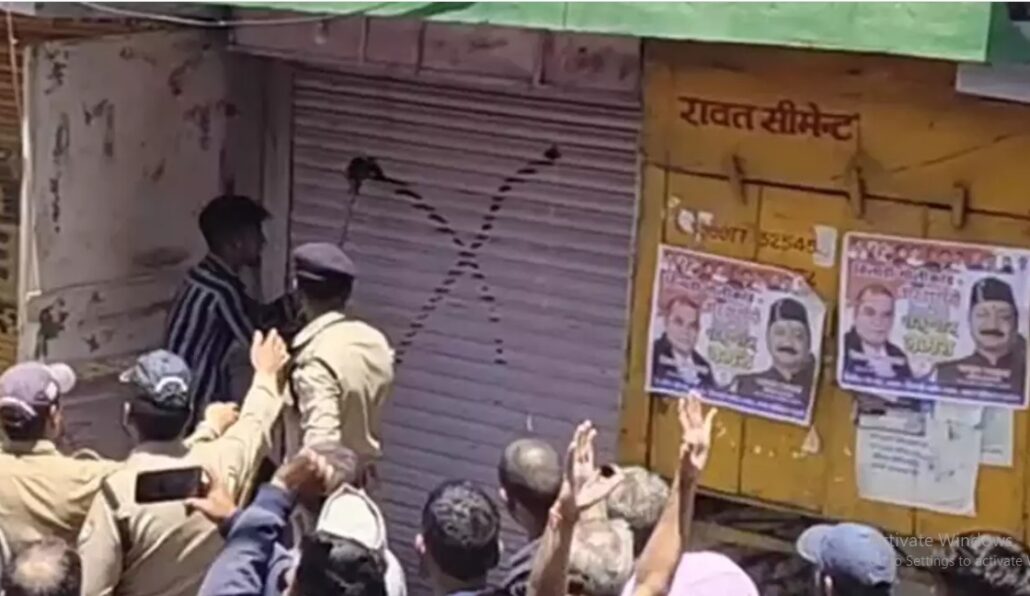
In a deeply concerning development, the northern hill state of Uttarakhand is witnessing a disturbing surge in a systematic campaign against its Muslim population, marking a stark departure from the secular ethos that India upholds.
Despite the gravity of the situation, there is a lack of widespread national awareness and action on this critical issue. The expulsion of Muslims from Uttarakhand is rooted in three primary claims: the alleged pollution of the holy land by Muslims, the perceived threat to the exclusive identity of Hindus due to demographic changes, and accusations of perfidy leading to multiple ‘jihads.’
These divisive narratives are disseminated through 1,400 Rashtriya Swayamsevak Sangh (RSS) shakhas in Uttarakhand, with Hindu religious leaders endorsing not only the expulsion but also advocating violence, including mass rape and genocide.
A notorious event that underscores this alarming trend is the Dharm Sansad organized in Hardwar from December 17-19, 2021, where speakers openly called for violence against Muslims, urging people to keep their “swords sharpened” at home to target the Muslim community.
Hate speeches by figures like Prabodhanand and Darshan Bharti continue to incite violence against Muslims in Uttarakhand. Shockingly, the religiously fueled rhetoric extends to threats of a “safai abhiyan” or cleansing drive against Muslims, with calls for the police, army, and leaders to participate.
In Uttarakhand, the hate campaign manifests in malicious slogans, demanding a “Muslim-free Uttarakhand.” Reports indicate the tearing down of Muslim shop signboards by Hindu mobs and the posting of threatening posters in various towns
Rallies against Muslims have been held in different parts of Uttarkashi, with slogans warning those who shelter “jihadis” of dire consequences. Hindu militants openly advocate for the mass expulsion of Muslims, marking homes and shops with an ‘X’ and forcing residents to vacate. The discriminatory campaign has spread to towns like Barkot, Chinyalisaur, Haldwani, and beyond.
The Vishwa Hindu Parishad has reportedly sent letters to district authorities, giving ultimatums to the Muslim community to leave or face forced expulsion, echoing a common Hindutva sentiment that Uttarakhand is exclusively for Hindus.
Additionally, there are threats to close mosques and halt Namaz prayers, emphasizing a divisive agenda that challenges the right to religious freedom.
As Muslims, constituting approximately 14 percent of Uttarakhand’s population, face imminent threats and violence, there is a growing sense of insecurity and fear.
Many are quietly leaving their homes and ancestral lands, contemplating an uncertain future. The situation in Uttarakhand underscores the urgent need for national attention, dialogue, and action to safeguard the principles of secularism and peaceful coexistence.
